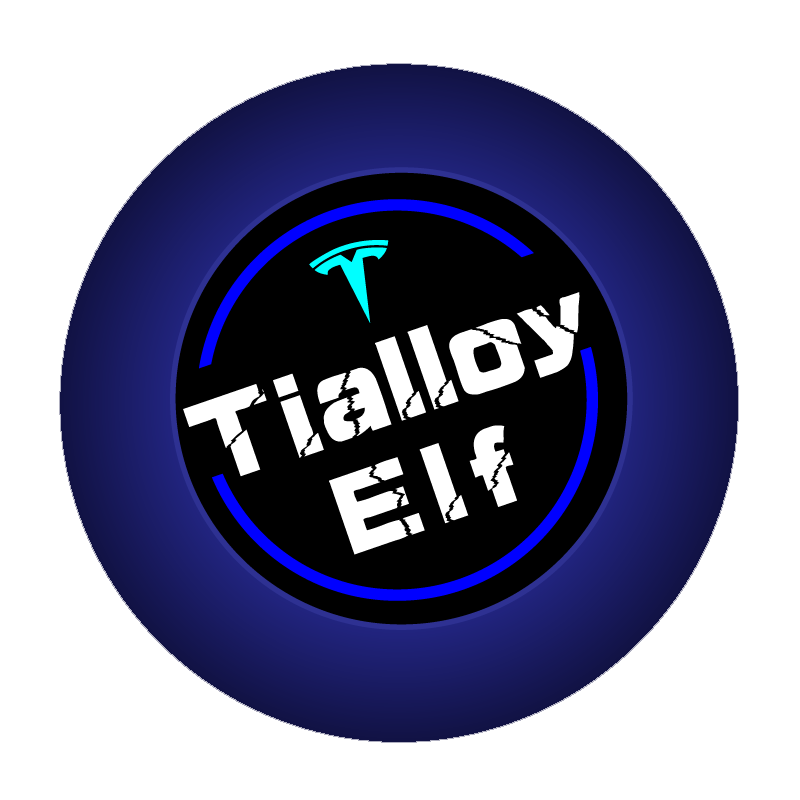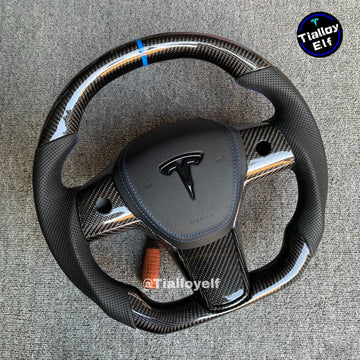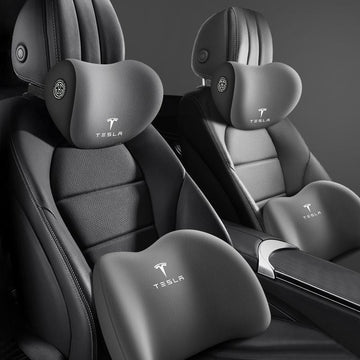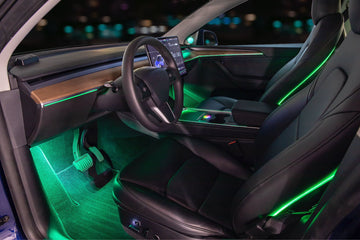The Surging Popularity of Tesla in Korea and the Cross-Continental Car Trade Dynamics
by ElfTialloy on Jul 10, 2024
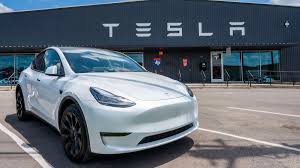
Tesla's meteoric rise in South Korea is a phenomenon that has taken the automotive world by storm. With monthly sales hitting 4,000 units, Tesla has outpaced traditional luxury giants like BMW, Mercedes-Benz, and Audi to become the leading imported car brand in the country. This growth shows no signs of slowing down. But the story doesn't end there. In a fascinating twist, Korea, traditionally an exporter of new cars, is now a significant exporter to the United States. This blog explores these intriguing developments and what they mean for the automotive industry.
Tesla’s Dominance in the Korean Market
Tesla’s success in Korea can be attributed to several factors:
- Innovation and Appeal: Tesla's cutting-edge technology and sleek design have resonated strongly with Korean consumers, who value innovation and sophistication.
- Government Incentives: Subsidies and incentives for electric vehicles (EVs) have made Tesla more accessible to a broader audience.
- Environmental Awareness: Growing awareness of environmental issues has led many consumers to choose EVs over traditional gasoline-powered vehicles.
As a result, Tesla's monthly sales figures have soared to 4,000 units, placing it ahead of luxury stalwarts like BMW, Mercedes-Benz, and Audi.
Korea’s Reverse Export Boom to the US
While Tesla’s success in Korea is impressive, the dynamics of car trade between Korea and the United States add another layer of intrigue. Despite a general decline in Korea’s exports to other countries in the first half of the year, exports to the United States have surged by 29.8%. This increase has seen Korean exports to the US account for half of the country’s total export volume, with gasoline and hybrid vehicles leading the charge.
Factors Behind the Export Surge
Several factors explain Korea's robust export performance to the US:
- Strong Demand for Fuel-Efficient Vehicles: With rising fuel prices and a growing emphasis on fuel efficiency, American consumers have shown increased interest in Korean-made gasoline and hybrid vehicles.
- Quality and Reliability: Korean cars are known for their quality, reliability, and value for money, making them attractive to US consumers.
- Trade Agreements: Favorable trade agreements between the US and South Korea have facilitated easier and more cost-effective export processes.
The Perfect Trade Balance
This reciprocal trade relationship creates a fascinating dynamic: Americans are selling electric vehicles to Koreans, and Koreans are selling gasoline vehicles to Americans. This exchange highlights the strengths and consumer preferences of each market:
- Americans Prefer Fuel Efficiency: With a high demand for reliable, fuel-efficient cars, Korean gasoline and hybrid vehicles are a perfect fit for the US market.
- Koreans Embrace Innovation: Korea’s consumers, on the other hand, are eager to adopt innovative EV technology, making Tesla’s offerings highly appealing.
Conclusion
The evolving automotive trade between Korea and the United States underscores a broader trend towards specialization and consumer preference alignment in the global car market. Tesla’s rapid growth in Korea and the significant increase in Korean car exports to the US highlight the dynamic and interconnected nature of modern automotive trade. As both markets continue to evolve, these trends will likely shape the future of global car manufacturing and sales.
